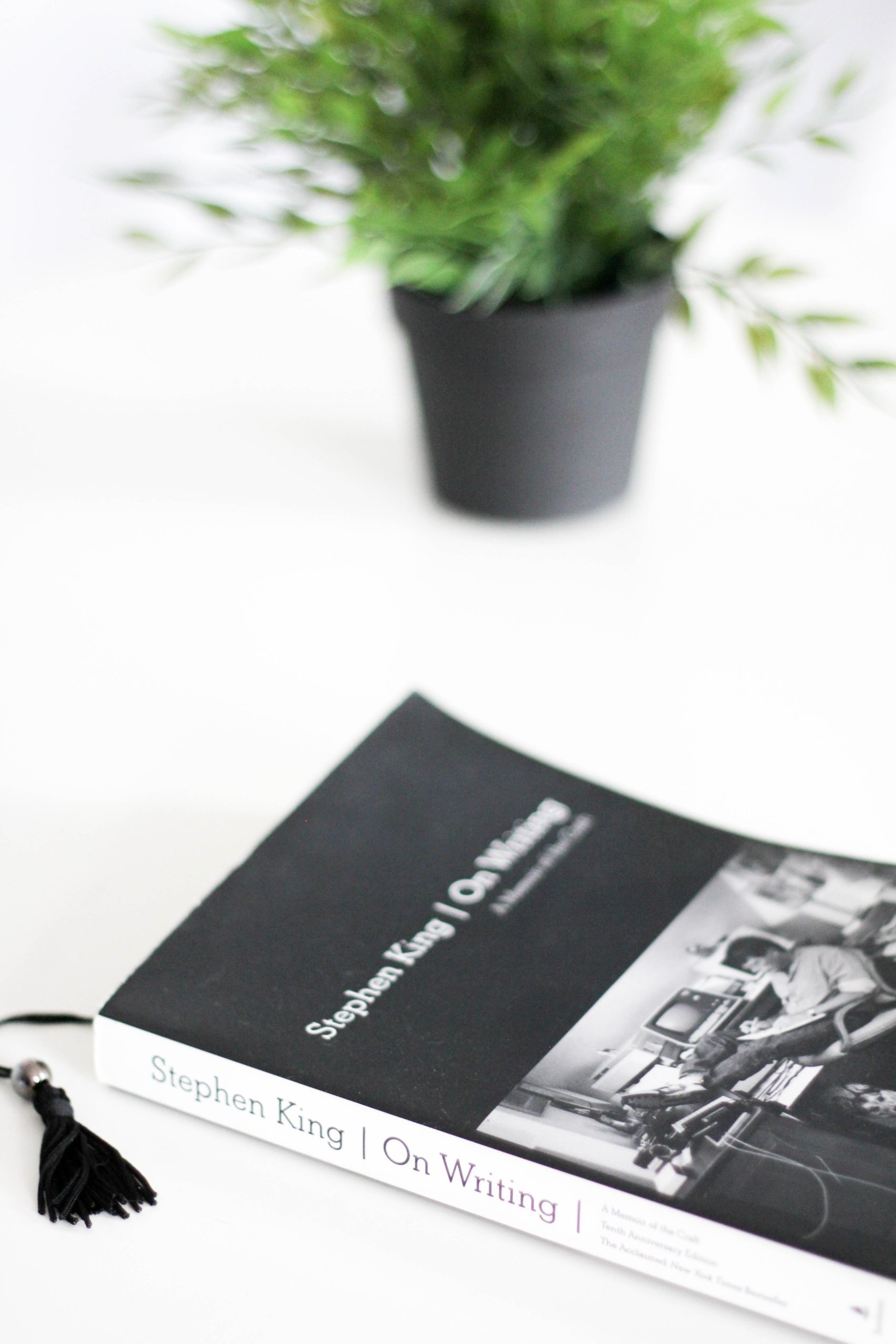Persistent patient practice? Is it that makes a great writer or artist? It can’t be that simple…or hard. Let’s visit the question again. Why is anyone great really? What talent do they possess that so many never seem to have?
Many people think there is some secret they are missing. Some say there is a talent that is bestowed on just a chosen few. The conspiratorialists will tell you there is some fix set against the masses. Some guy behind him will tell you he has a hack or short cut that will fix things for you to beat that conspiracy.
None of that is true. You can talk to a million people and few of them will hit even close to what it will take to be a successful writer or any other creative endeavor for that matter. Even if they spout something close to the truth, they will not really know how to use it.
So is it really persistent patient practice?
The truth is you have to practice and get your stuff out there. Practice and production are two separate ends bound by a process. You will need all three to actually make any career or skill shine.
How long will it take?
That depends on the factors you start with. Everyone has pieces for the solution, but we don’t all have all the same pieces. You might have more skill than I do in some area. I might have more experience in another. The difference between people is why it’s so hard to do exactly what someone else has done to succeed right off the bat. In fact unless you are just very lucky, you will not have enough of the exact combination of factors that lead to their success.
Don’t let anyone fool you even with the best of connections and plenty of money to back them, every writer still has to work through all the key work to get any where. You cannot buy your way into heaven. Since Gutenberg invented the press there have been thousands of vanity publishing businesses that come real close to making the claim that anyone can write an instant best seller.
A Writer Born
The truth is fledgling writers are going to have to write a lot and keep on writing over a long period of undetermined time to get enough skill, develop their mindset, allow enough to people see their stuff, receive enough of the right feedback to make the right improvements they need, and for the stars to align just right to become an overnight success. Persistent patient practice pays off every time.
Same Song Another Verse
Persistent patient practice not new really. Every profession has the same curve. Fireman to Writer we all must put in our dues. There is no other way. That is the real skill. You have to put in the work.
Where to Start
So what skill does a writer need to pay those dues? The big three that come to my mind are persistence, patience and practice. Those three skills are the start.
Persistence
I start with persistence. There are lots of terms describe this attribute from dogged determination to resilience to tenacity to even, my favorite term plain old stubborn.
All of those way of thinking are really about one thing. We are answering one question: When do I quit? We answer that with our mindset. Will we discipline ourselves to endure our challenge? Will we keep moving forward one step at a time with a definite plan in mind instead of just freaking out or being reactive?
Patience
Out of persistence we develop our patience. Bruce lee said that “Patience is concentrated strength.” He meant that to be patient was to actively work for a given destination.
True patience has little to do with taking things and moving on. That’s toughness. It is a useful attribute but in reality it is quite passive. Patience is engages the obstacles and breaks them down like water on a stone. Water is very patient.
Patience requires us to make a plan to act from if we want to create something great. As Dr. Alex Lickerman said in Psychology Today, patience is essential. ” It defends us against foolish, impulsive behavior, gives us time to consider our options carefully, plan appropriately, and execute effectively.”
With patience we create the self-confidence to win, come to recognize the goal is not crucial to be happy, as well as build the determination to take the next small step forward in our practice.
Practice
Our practice is the path itself. It is getting up at five am to pound out our pages. We make different choices with a practice. Instead of watching TV, we choose to sit down in the evening to go over our drafts. We choose to do some research at lunch or use our break times to learn how to use keywords better. A practice is the active application of both persistence and patience combined into a practice.
The Takeaway
The writer’s path is found in just three words. Persistent Patient Practice. From that point is where your path is found.
Photo by Brett Jordan on Unsplash





